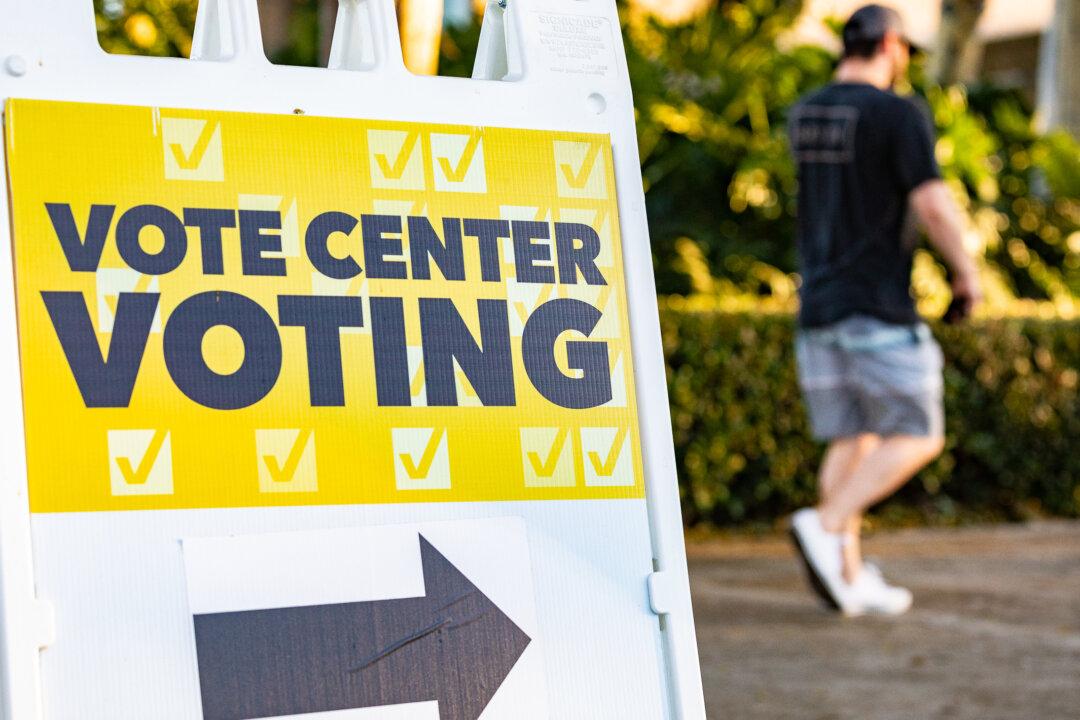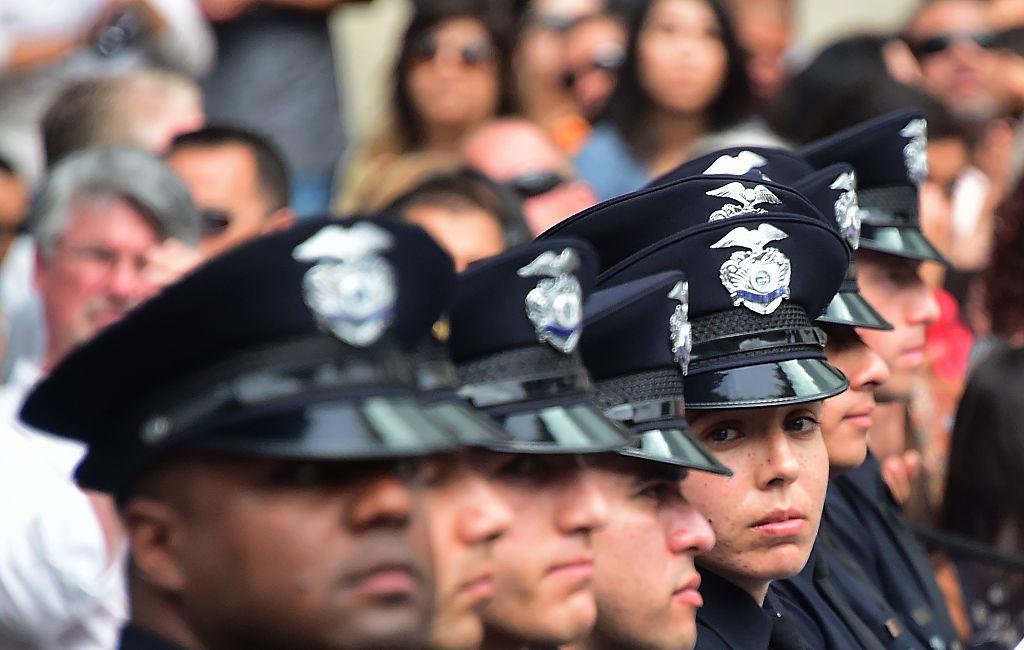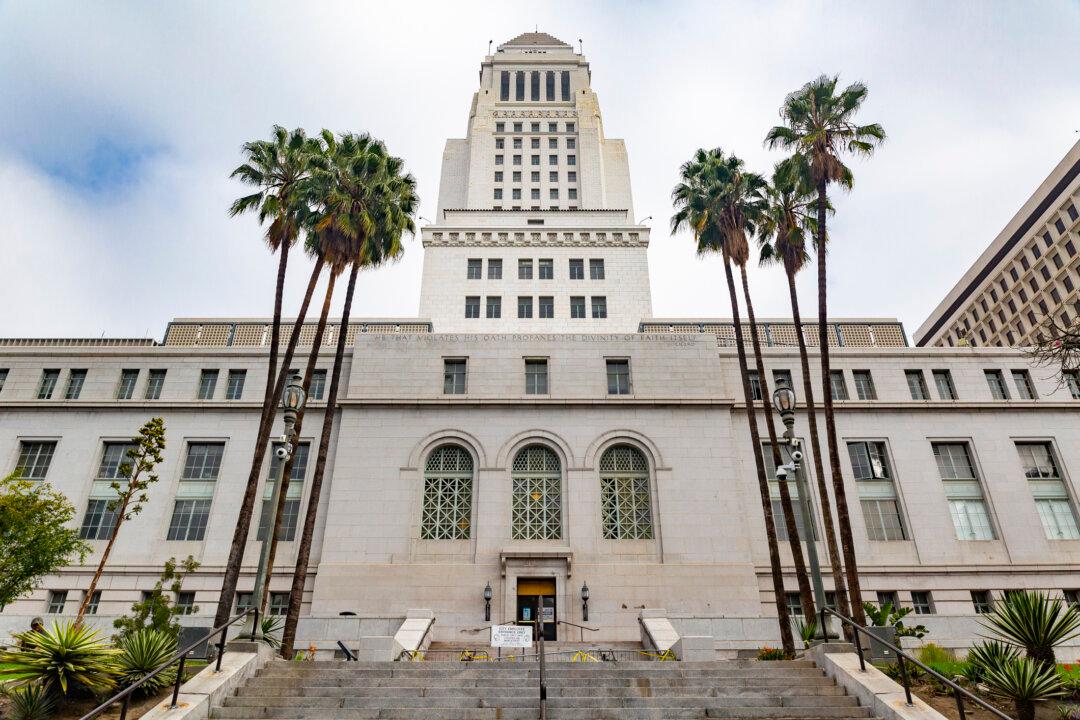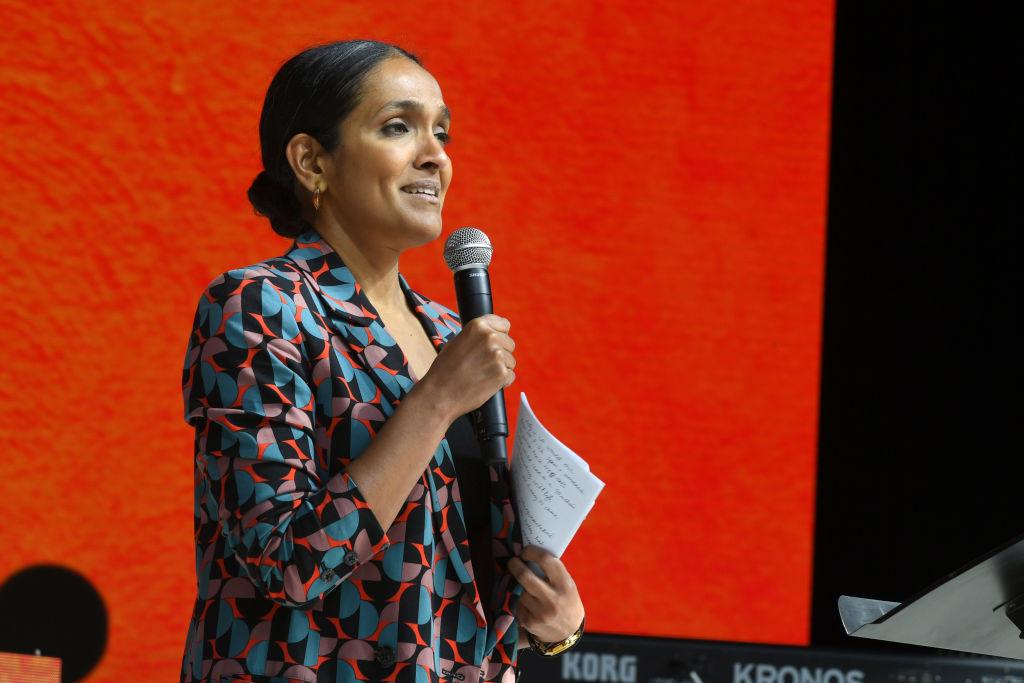California voters will decide this November whether to codify the right to abortion and contraception into the state’s constitution, an effort by Democratic lawmakers to expand abortion services after Roe v. Wade was overturned on June 24.
Proposition 1, also known as the Constitutional Right to Reproductive Freedom, would explicitly add to California’s constitution “the fundamental right to choose to have an abortion and the fundamental right to choose or refuse contraceptives.”





